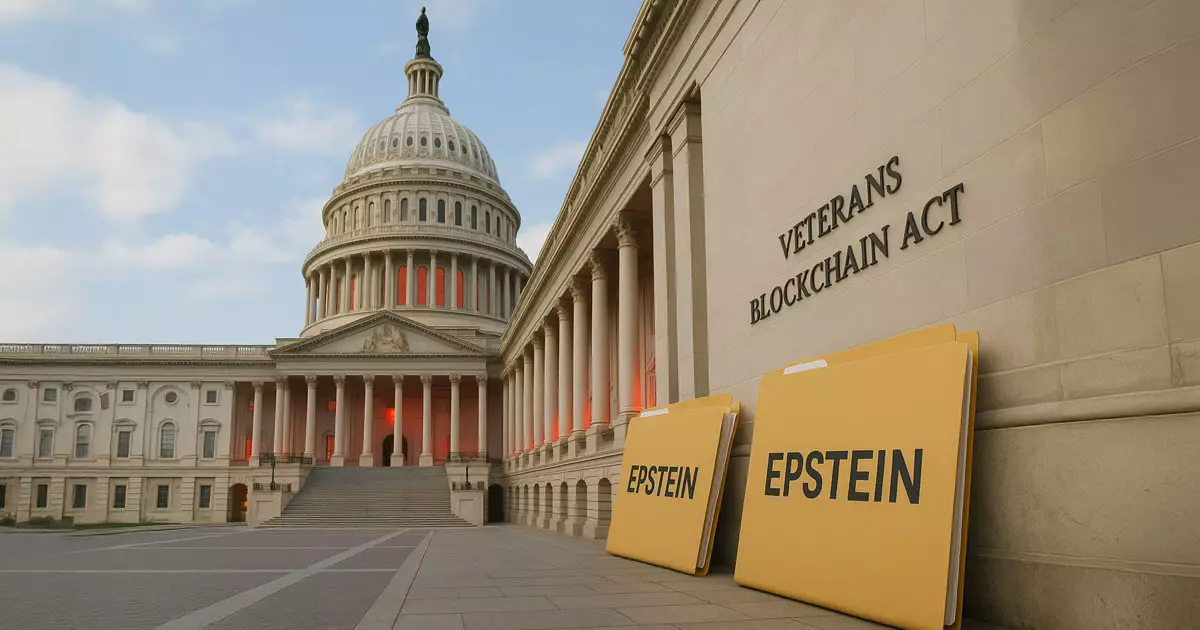The recent decision by the House of Representatives to adjourn a week ahead of schedule signals a concerning prioritization of political expediency over legislative productivity. While recesses are a standard part of congressional operation, the manner and timing of this early break reflect a superficial concern with procedure rather than a genuine commitment to addressing pressing issues. By choosing to halt all floor activity until after Labor Day, the House effectively stalls momentum, especially on matters that could tangibly improve economic and technological landscapes for Americans. This move underscores a troubling shift away from pragmatic governance towards political theater, risking the derailment of important policy initiatives that have already gained bipartisan support or meaningful momentum.
Cryptocurrency Legislation in Limbo
Of particular note is the delay imposed on critical crypto-related legislation. Bills such as the GENIUS Act and the CLARITY Act, which aim to bring noteworthy clarity and oversight to the digital currency sector, now face unnecessary postponement. These measures have already progressed through key stages, including passage in the Senate and even signatures by the President, signifying a rare convergence of bipartisan consensus on issues vital to economic innovation. To let these bills languish due to procedural delays is shortsighted; it signals a reluctance or inability to capitalize on legislative momentum and demonstrates an outdated view of financial technology as a peripheral concern. The responsible course would be to push forward, recognizing the importance of fostering innovation while maintaining necessary safeguards.
The Cost of Political Distraction
The debate over the Jeffrey Epstein files reveals the underlying chaos that currently plagues House proceedings. An attempt by Rep. Ro Khanna to attach a transparency measure to the GENIUS Act exemplifies how partisan wrestling and procedural tactics are prioritized over substantive policy. While transparency and justice are undoubtedly vital issues, using them as leverage in micro-managing unrelated bills reflects a dysfunctional approach that undermines legislative efficacy. As a result, broader policy initiatives—including those that could improve social services and economic development—are held hostage to procedural disputes. The House’s early adjournment essentially compounds this problem, limiting the ability for meaningful debate and compromise during what should be a time to advance consensus.
Delaying Progress on Innovation and Economic Growth
Most troubling is how this delay hampers innovative efforts that could directly benefit the economy and public welfare. The Veterans Affairs Distributed Ledger Innovation Act, which proposes applying blockchain technology to streamline benefits processing for veterans, illustrates how technological solutions are being recognized for their potential to increase transparency and efficiency. Yet, with no scheduled actions until after September, bipartisan efforts to leverage blockchain advancements are frozen. This decision hampers not only the timely deployment of meaningful innovations but also sends a message that technological progress takes a backseat to political showdowns. Given the mounting competition from other nations advancing their digital economies, America’s legislative inertia could have long-term consequences if critical reforms are continually delayed.
At What Cost to Governance and Public Trust?
Putting partisan brinkmanship ahead of effective governance diminishes public trust in the legislative process. By prematurely ending sessions, Congress misses opportunities for meaningful debate and cross-party collaboration, which are essential for a healthy democracy. While some may argue that recesses allow members to recharge and reflect, the timing and manner of this particular adjournment seem driven more by political calculation than pragmatic necessity. This not only undermines the legislative calendar but also risks alienating constituents who expect their representatives to act decisively on issues like economic innovation, national security, and social welfare.
In summation, the House’s early departure might seem like a routine procedural decision, but its ramifications expose a broader failure to prioritize substantive policy progress. As technology and economic challenges evolve rapidly, Congress cannot afford to operate in a state of suspended animation, constrained by procedural gridlock and ideological posturing. If reform and progress are to be achieved, lawmakers must adopt a more forward-looking approach—one that emphasizes strategic action over political theatrics. The current pace of delay not only hampers innovation but also undermines the very purpose of representative government.

